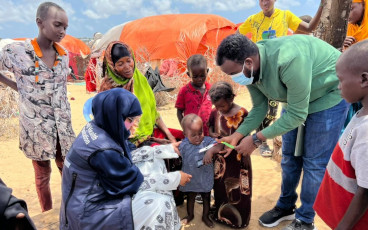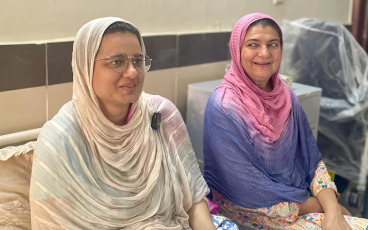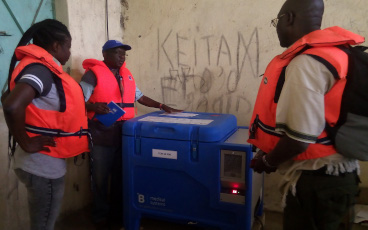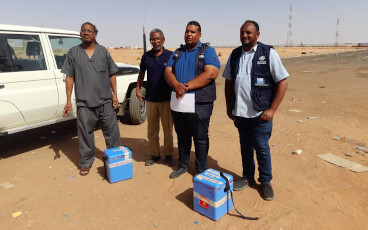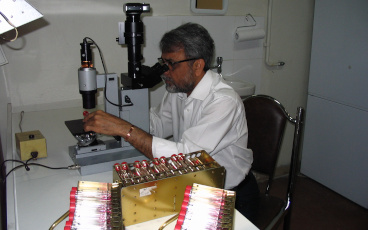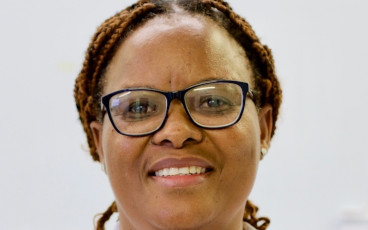Applying a gender lens to Nigeria’s surveillance network
Gender-disaggregated data drives progress in Nigeria’s polio eradication programme.
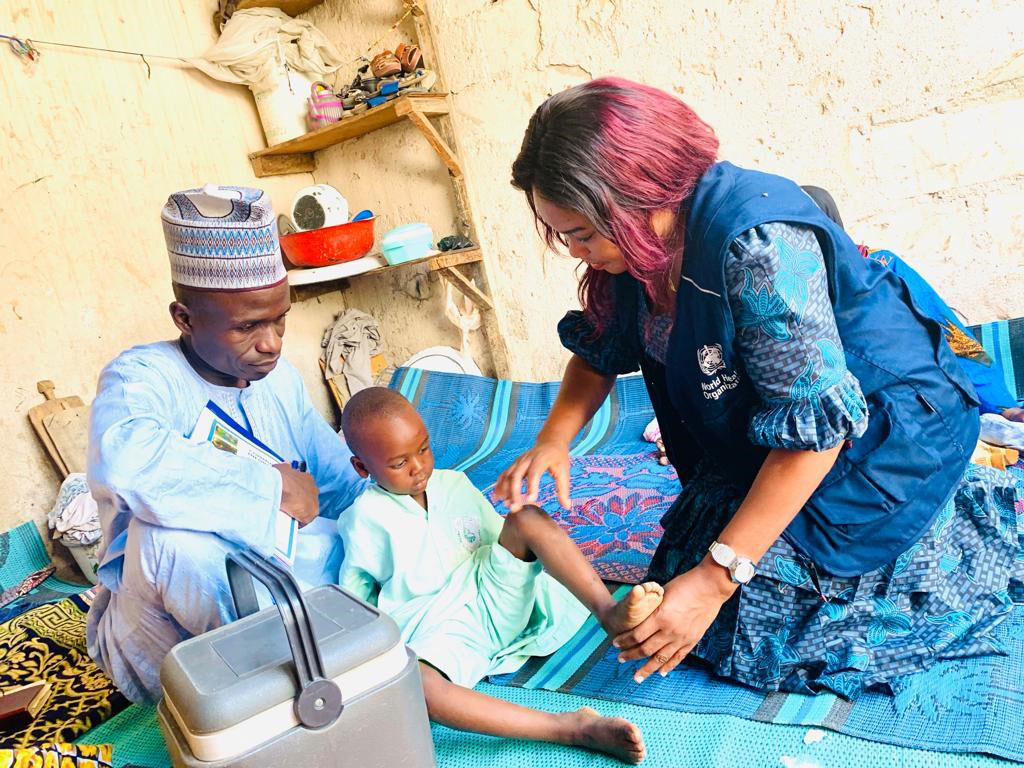
In Jere Local Government Area, in Borno State, Nigeria, a team of male surveillance officers have been dispatched to look for the poliovirus.
They make a first stop at the home of Hajiya Liman Bello, a mother of three and a housewife.
“Who are all of you and what do you want?” Hajiya asks.
“We are health workers please. We need to collect stool samples from your children as there has been a case of Acute Flaccid Paralysis (AFP) in this area”, they reply.
Hajiya isn’t comfortable with the idea of a male health worker handling stool sample collection for her children. She requests that surveillance officers return with a female colleague if they wish to go ahead.
Recognising the links between gender and disease surveillance
In line with the Global Polio Eradication Initiative’s gender strategy, Nigeria’s polio programme has been quantifying the gender aspect of its work. While women make up 95% of frontline workers delivering polio vaccines, a 2017 study conducted by the World Health Organization found there were significantly more men than women engaged in polio surveillance activities in Nigeria.
In 2016 there were 29 men employed in Nigeria as state epidemiologists compared with just eight women doing the same job; 23 male state disease surveillance and notification officers (DSNOs) compared with 14 women, and at a Local Government level, 609 male DSNOs versus 218 female.
The results of the study prompted reflection by programme staff. Gender, like other factors such as age, education and socioeconomic status, is an important determinant of health-seeking behaviour and outcomes. In the case of disease surveillance officers, gender diversity amongst personnel helps the programme build trust and acceptance amongst parents.
“I believe gender strongly influences disease surveillance and access to immunization services,” says Dr Kabir Yusuof, a health worker who has worked with the Nigerian Government polio programme for over ten years.
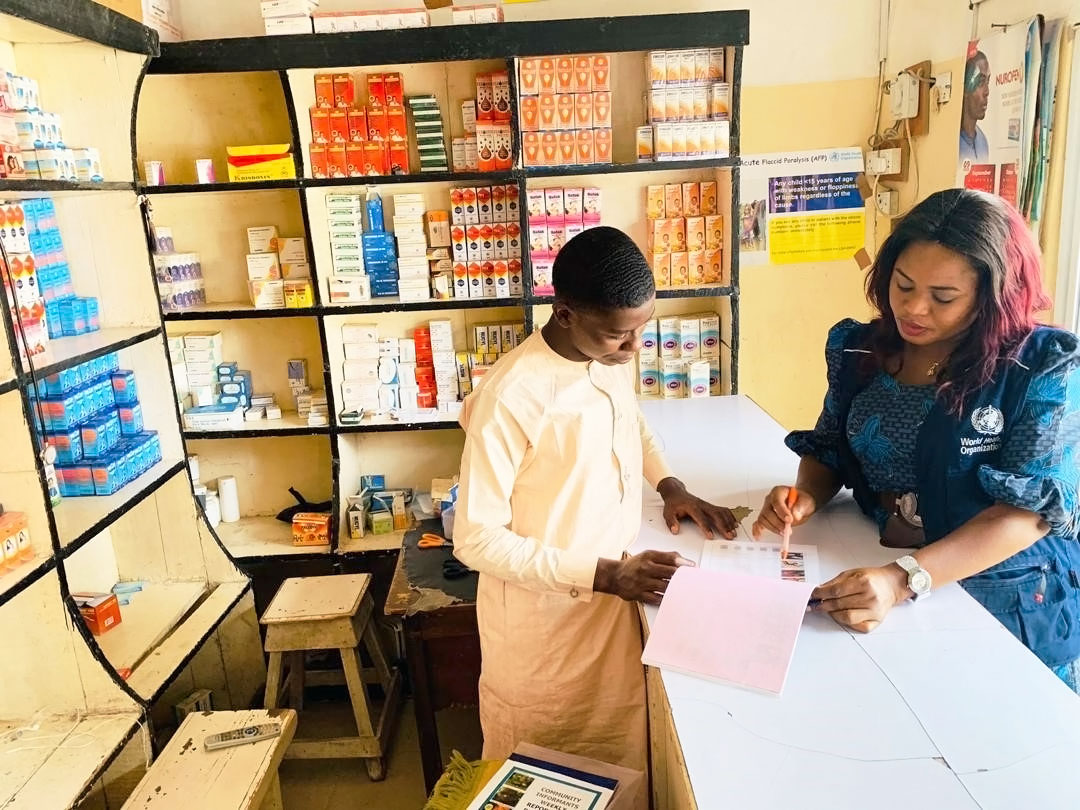
“Nigeria is generally a culturally attuned country. There are some communities where men only feel comfortable with female health workers, especially when it comes to house-to-house outreach and matters of maternal health. For this reason, I believe the role of women in both polio surveillance and response cannot be overlooked.”
Surprisingly, the report showed there were more men than women working as surveillance focal points in health facilities in northern zones of Nigeria, compared to the south. Using gender-disaggregated data helped the programme see where things need to change.
“WHO advocates for breaking…illusions that women cannot ‘fit in’ when it comes to disease surveillance practice,” says Dr Fiona Braka, Team Lead for the Expanded Programme on Immunization at WHO Nigeria.
Polio eradication was the first disease programme at the World Health Organization to develop a dedicated gender strategy. The Nigeria AFP surveillance gender study had never been done before and has helped lay the groundwork for further examination of the programme through a gender lens. The authors of the study found that the number of AFP cases detected in boys and girls was similar, as were polio vaccination rates.
Dr Braka observes, “Integrating or mainstreaming gender into all facets of socio-economic life is key to tackling gender inequalities.”


